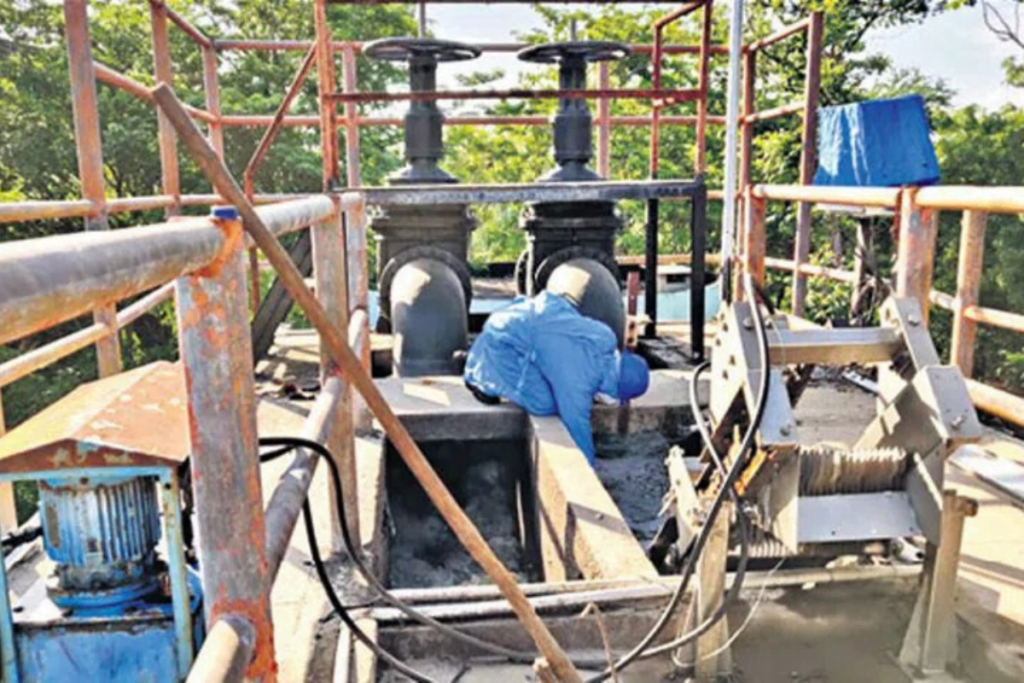Hyderabad Predicts Pandemics 2 Weeks Early

Image source: Telangana Today
Hyderabad researchers developed a wastewater surveillance system to detect infections two weeks in advance
Researchers from Hyderabad, India, have developed a wastewater surveillance system that can detect the possible onset of a pandemic or a fresh surge of bacterial or viral infections two weeks in advance. The system, which was developed by the Centre for Cellular and Molecular Biology (CCMB), has been successfully implemented in Prayagraj, Uttar Pradesh, and was first tested in Hyderabad during the first wave of the COVID-19 pandemic.
The wastewater surveillance system works by monitoring wastewater for the presence and concentration of disease-causing pathogens. Wastewater samples are collected from sewage treatment plants (STPs) and open drains. The system can detect a variety of pathogens, including SARS-CoV-2 (the virus that causes COVID-19), the polio virus, adenoviruses, hepatitis A and E viruses, rotaviruses, bacteria such as E. coli, Salmonella, and Shigella, and parasites such as Ascaris and Giardia.
In a paper published in a scientific journal, Dr. Archana Bhardwaj Siva, a senior scientist at CCMB, said that the researchers are exploring the possibility of incorporating wastewater surveillance as one of the tools for disease monitoring in the upcoming Kumbh Mela 2025, which is expected to host over 400 million pilgrims from around the world.
Wastewater surveillance has a number of potential applications beyond pandemic preparedness. For example, it can be used to track illicit drug use, estimate socio-demographic characteristics and consumption patterns in an area, and monitor the effectiveness of public health interventions.
The development of the wastewater surveillance system is a significant advance in public health. The system has the potential to help prevent outbreaks of infectious diseases and improve the overall health of communities.
Here are some additional details about the wastewater surveillance system:
The system is based on a technology called polymerase chain reaction (PCR). PCR is a technique that can be used to amplify small amounts of DNA or RNA.
The system can detect the presence of a pathogen in wastewater even if there are only a few infected people in the community.
The system is relatively inexpensive to set up and operate.
The system can be used to provide real-time data on the prevalence of infectious diseases in a community.
ALSO READ | Free Tickets: Salaar 1 AM Show






